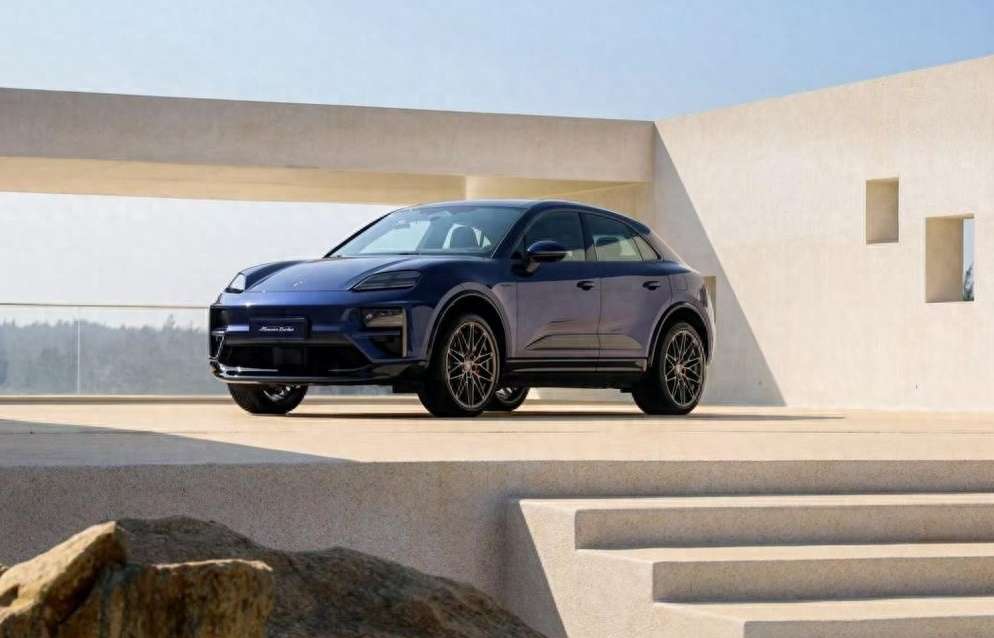As we venture into 2024, the Chinese automotive landscape stands at a vital crossroads, being reshaped by unprecedented influence from various market forces. The automotive industry has been embroiled in a fierce price war that has lasted for two years, forcing businesses within the supply chain to cope with the dual pressures of domestic competition and technological advancements. This has led to a substantial transformation in the industry’s structure. Over the past six months, local Chinese brands have further penetrated the market, posing significant challenges to both joint ventures and foreign brands in terms of market share. The surge in sales of new energy vehicles (NEVs)—which have crossed the 10 million mark—has also accelerated the replacement of traditional internal combustion engine vehicles. Thus, the journey to adapt to this rapidly evolving market is critical for every player, including firms like Porsche that have previously thrived in China.
After experiencing a decline in its operations in China and losing its status as the largest single market globally, Porsche decided it was time to regroup. With Alexander Pollich taking the helm as the new head of Porsche China, the company announced a significant overhaul of its strategies in the market. This shift involves the initiation of its '2035 Strategy,' which emphasizes a move from a high-growth mindset to one focused on high quality. This strategic pivot is aimed at dynamically adjusting to the changing landscape of the Chinese auto market while regaining a strong foothold in this pivotal region.
The notion of quality over quantity resonates deeply in today’s context—a sentiment echoed by Pollich in his recent remarks. In Porsche's latest global sales figures, there was a slight decline of 3% in overall deliveries, totaling 310,700 units. However, the figures from China were particularly disheartening, revealing a staggering drop of 28%. Historically, China has been Porsche’s most crucial market, contributing about one-third of its global sales, yet that contribution has recently diminished to below 20%.

Pollich, now the leader of Porsche in China, noted that the acceleration of home-grown electric vehicle (EV) brands is driving market growth, particularly as premium brands face steeper declines. This change mandates that Porsche reassess its business structure and market strategies. After an observing period of 100 days, Pollich convened the media to outline a renewed approach focusing on 'quality over quantity', branding as a critical asset, and reinforcing that China remains a key market.
Despite the lull in sales, which has prompted widespread discussions about extensive discounts, Pollich is adamant that Porsche will not resort to drastic price cuts merely to increase sales volume during market downturns. Instead, he underscores the importance of maintaining the brand’s value and product quality, as these attributes constitute the essence of Porsche’s brand identity.
"Irrespective of market volatility and the rise of electrification and smart technology," Pollich asserts, "Porsche will uphold its core advantages." He emphasizes the critical role of delivering exceptional driving experiences known for durability and high performance. Crafting an appealing, fast electric vehicle can be straightforward, but achieving superior performance on tracks with consistent stability represents a different challenge altogether.
Porsche’s strength lies in its engineering legacy, and under Pollich's leadership, the brand is looking to mesh digital advancements with its DNA. For instance, innovations in navigation could include features that provide real-time climate updates or driving suggestions. Pollich mentions examples where a virtual image of former F1 champion and Porsche ambassador Mark Webber could guide drivers on handling techniques at junctions or suggest precise turning and braking methods during track conditions.
Furthermore, as Porsche navigates the intertwined realms of electrification and smart technology, it aims to integrate these advancements without straying from its brand ethos. The focus remains on adhering to its characteristics that have made it synonymous with performance and driving pleasure. "If we lose sight of our core attributes while embracing digitalization, we dilute our brand's unique identity," Pollich warns, advocating for a balanced outlook as the sector evolves.
As Porsche maintains its commitment to quality, Pollich is also concentrating on optimizing the network of dealerships as part of their strategy to enhance productivity. The landscape of the Chinese auto market has undoubtedly shifted, highlighted by two pivotal statistics: an early arrival of a 50% penetration rate for electric vehicles, and local brands securing over half of the market share. This represents a stark competitive environment for foreign automakers, necessitating adaptive strategies.
In response to these market dynamics, Pollich initiated a fundamental restructuring aimed at refining Porsche's operations within China. A key development in this plan involves reducing the number of dealerships in the upcoming years to ensure flexibility and foster a healthier growth environment. "We are committed to continuously adjusting our network in line with market demand, considering factors such as economic conditions, customer demographics, and industry trends," Pollich stated.
By 2024, the objective is to streamline the number of sales outlets in China to around 140, with a further goal of scaling down to approximately 100 by 2027. This strategic approach not only aims to maintain profitable partnerships but also aligns with the overarching corporate strategy to improve long-term sales returns, targeting a rate of 20% or higher.
Pollich views this transition as a strategic pit stop in a long endurance race, focusing on the optimization of business operations and dealership networks to better align with market demand. "Although we face challenges, our foundations for future growth have been set," he remarks, positioning Porsche to accelerate as it continues to adapt towards the evolving marketplace, ensuring readiness for future successes.
Leave A Reply